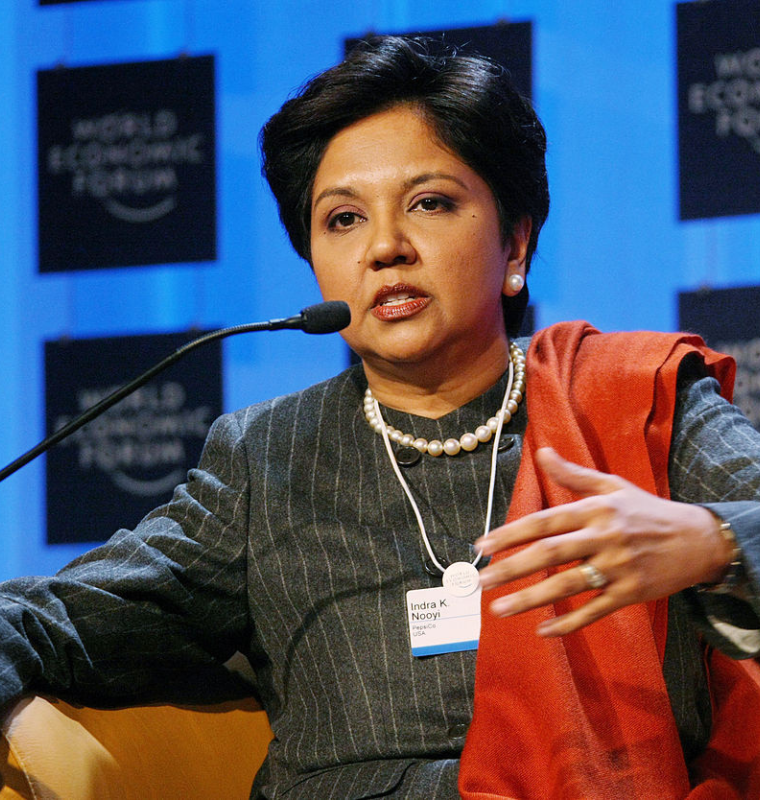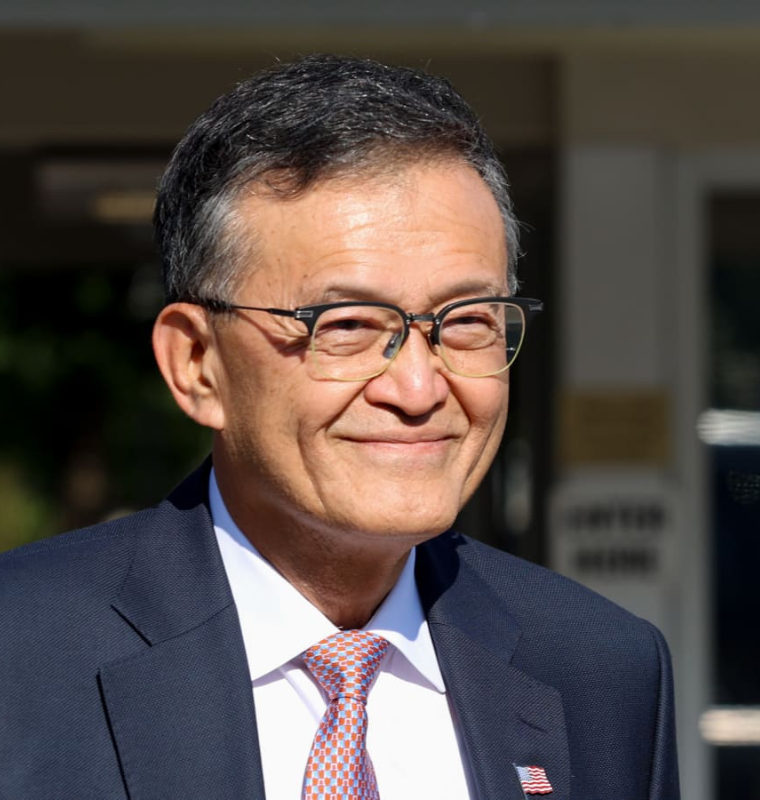Bill Gates Pledges $200 Billion to Transform Africa’s Future
By
Leah Rosenfeld
Last updated:
June 7, 2025
First Published:
August 3, 2025

Photo: Finance Monthly
Bill Gates Commits $200 Billion to Africa: A Long-Term Vision for Public Health and Education
Bill Gates is taking an unprecedented step in global philanthropy. The Microsoft co-founder announced that he plans to give away $200 billion of his personal fortune by 2045, with the vast majority of those funds directed toward tackling Africa's most pressing issues: healthcare, education, and poverty.
In a powerful address at the African Union headquarters in Addis Ababa, Ethiopia, Gates revealed more details about how this transformational funding will be used and why Africa stands at the center of his philanthropic vision.
A 20-Year Plan to Create Lasting Impact
This pledge is part of a broader move Gates first shared on May 8, in which he declared his intention to donate nearly all his wealth and close the Bill & Melinda Gates Foundation within two decades.
"The majority of that funding will be spent on helping address challenges here in Africa," Gates said during his speech on Monday. The funding will be funneled into three core focus areas:
- Preventing maternal and child mortality from avoidable health conditions.
- Eliminating preventable diseases such as polio, malaria, measles, and Guinea worm.
- Advancing education and agriculture, key to enabling hundreds of millions of Africans to escape poverty.
This plan aims to improve the lives of over 500 million people, primarily in Sub-Saharan Africa, where roughly half a billion people currently live below the poverty line, based on 2021 United Nations data.
Addressing an Urgent Shortfall in Global Aid
Gates has also issued strong warnings about the global community’s declining investment in African aid. In a May 8 blog post, he criticized wealthy nations, including the U.S., for collectively slashing “tens of billions of dollars” from international assistance budgets since 2022.
In an earlier Associated Press interview, Gates said: “There’s less money going to Africa at a time when they need it the most.” He emphasized that even the Gates Foundation — one of the largest philanthropic entities in the world — cannot fill the widening funding gap alone.
“No philanthropic organization, no matter how large, can substitute the role of governments in solving large-scale problems,” he wrote. “We need international cooperation and commitment.”
Innovating with Limited Resources
Despite funding challenges, Gates praised African nations for their remarkable innovation and resilience, even in resource-limited settings.
He highlighted several success stories, such as:
- The widespread adoption of insecticide-treated mosquito nets, which have contributed to dramatic declines in malaria deaths in many African countries.
- The use of AI-powered ultrasound technology, which is being piloted in remote communities to detect high-risk pregnancies early and reduce maternal mortality rates.
“I’ve always been inspired by the ingenuity and determination of African health workers and government leaders,” Gates said. “Their ability to innovate in the field and reach rural populations is nothing short of extraordinary.”
Gates Foundation’s Footprint in Africa
The Gates Foundation opened its first African office in Addis Ababa in 2012, and has since expanded to include hubs in Kenya, Nigeria, South Africa, and Senegal. These offices coordinate with regional leaders and international development agencies to implement ground-level solutions that scale.
According to the foundation’s press release, the upcoming investments will significantly expand existing programs while supporting new projects in digital education, climate-resilient agriculture, and epidemic preparedness.
A Vision for Prosperity
Gates believes that the true engine of Africa’s growth lies in its people. “By unleashing human potential through better health and education,” he told the African Union, “every country in Africa should be on a path to prosperity — and that path is an exciting thing to be part of.”
Gates has previously stated he expects his entire fortune to be directed toward philanthropic causes, and this $200 billion pledge represents one of the largest private commitments to humanitarian efforts ever made.
As Africa continues to grapple with the challenges of rapid population growth, climate shocks, and global economic instability, Gates’ initiative could mark a historic turning point — if matched by global cooperation.
Key Stats at a Glance:
- $200 billion: Gates’ pledged personal donation by 2045
- 2045: Target year to close the Gates Foundation
- 3 focus areas: Health, education, agriculture
- 500 million+: People expected to benefit
- 5 African offices: Including Kenya, Nigeria, and South Africa
- Half a billion Africans live in poverty (UN 2021)
Final Thoughts
Gates' bold philanthropic move is not just about money. It's a wake-up call to the global community — especially wealthy nations — to step up, re-prioritize global development, and commit to long-term partnerships in Africa.
As Gates noted: “Africa doesn’t lack ambition. What it needs is the global investment to match that ambition.”
Popular articles
Subscribe to unlock premium content
Indra Nooyi’s Strategic Vision at PepsiCo: Balancing Profitability with Purpose

Nike’s Direct-to-Consumer Revolution: How Cutting Retailers Boosted Profits and Control

Spotifys Playlist Power Turning Music Curation Into An Advertising Goldmine

Indra Nooyi’s Strategic Vision at PepsiCo: Balancing Profitability with Purpose

Nike’s Direct-to-Consumer Revolution: How Cutting Retailers Boosted Profits and Control

Indra Nooyi’s Strategic Vision at PepsiCo: Balancing Profitability with Purpose









